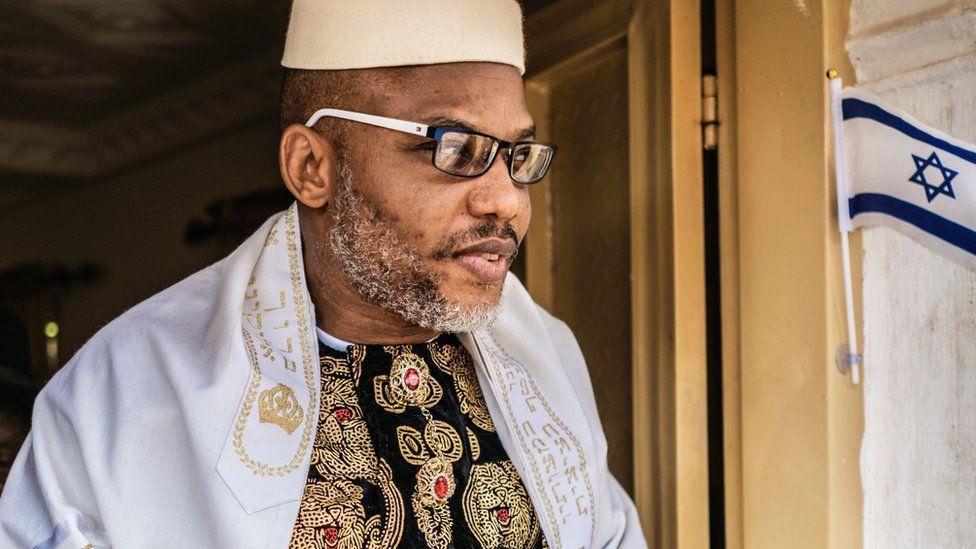
For decades, the events surrounding the January 1966 military coup have cast a long shadow over Nigeria’s history—particularly for the Igbo people, who were widely and wrongly blamed for the uprising. But in a recent memoir, former President Ibrahim Babangida set the record straight: the coup, he stated, was not an Igbo conspiracy.
That single clarification has sparked fresh calls for justice.
Riding on this revelation, the Alaigbo Development Foundation (ADF) is now demanding comprehensive reparations from the Nigerian government—both symbolic and financial—to mend decades of systemic marginalization and misrepresentation.
In a statement signed by its National President, Professor Ukachukwu Awuzie, the ADF didn’t mince words. The group is calling for the allocation of ₦100 trillion over the next five years to the South East Development Commission (SEDC). This fund, they argue, is critical for rebuilding infrastructure, restoring abandoned properties from the Civil War era, and kick-starting sustainable development across major cities like Port Harcourt, Lagos, Enugu, and others.
The proposed reparations, ADF emphasized, are not just about compensation—they’re about restoration, reintegration, and fairness.
“It’s Time for an Igbo President”: ADF Pushes for Inclusive Political Representation
Beyond financial redress, the ADF is also calling for political inclusion. Specifically, the group wants the next President of Nigeria to emerge from the Igbo ethnic group—a move they say would echo the symbolic shift that happened in 1999, when Olusegun Obasanjo was elected to appease the Yoruba nation following the annulled June 12 election.
“Justice delayed is not just denied—it deepens division,” said Prof. Awuzie.
The foundation believes that electing an Igbo president would send a powerful message: that every ethnic group in Nigeria truly has a place at the table.
The Case of Nnamdi Kanu: A Call for Justice
Another key issue raised by ADF is the continued detention of Nnamdi Kanu, leader of the Indigenous People of Biafra (IPoB). The group questioned why Kanu remains behind bars while others involved in acts of violence have been granted pardons or reintegrated into society.
They see Kanu’s situation as symbolic of a broader double standard and are urging the Federal Government to release him immediately as part of a wider national healing effort.
Learning From History: Why Nigeria Needs Reconciliation, Not Silence
Prof. Awuzie thanked Babangida for speaking the truth, noting that similar requests had been made over the years to other national figures like General Yakubu Gowon—but those appeals fell on deaf ears. Babangida’s admission, the ADF believes, helps undo decades of false narratives that painted the Igbo as villains of the coup and fueled hatred during the Nigerian Civil War.
ADF’s demands don’t stop at money or politics. The group is also asking for a public apology from the Nigerian government—similar to the Truth and Reconciliation Commission efforts seen in post-apartheid South Africa.
Additionally, they’re advocating for a national monument to honor Professor Humphrey Nwosu, the man behind the June 12, 1993 presidential election, widely regarded as the most transparent in Nigeria’s history.
While some view the Igbo struggle as purely local, the ADF reminds us that their demands are supported by both domestic law and international human rights charters. The Nigerian Constitution, African Charter on Human and Peoples’ Rights, and the United Nations Declaration on the Rights of Indigenous Peoples all recognize the right to self-determination—a right the ADF insists must be honored.
A Nation at a Crossroads: Will Nigeria Rise to the Moment?
In wrapping up its powerful message, the ADF stressed that these demands aren't just about the past—they're about building a more inclusive and peaceful future for Nigeria.
“Healing doesn’t happen by accident. It takes bold steps, uncomfortable conversations, and real action,” said Awuzie.
By calling for reparations, an Igbo presidency, and national recognition of past wrongs, the ADF believes Nigeria has an opportunity to turn the page and begin a new chapter grounded in unity and mutual respect.
